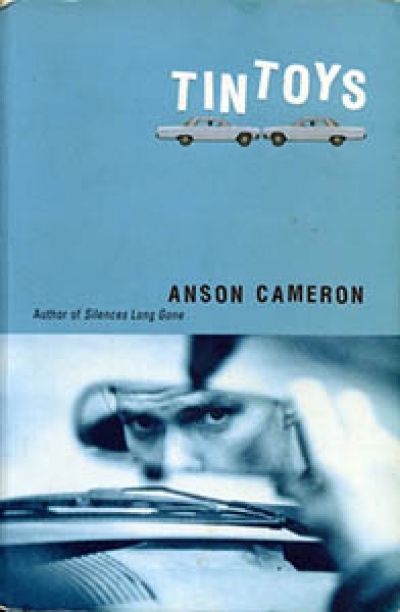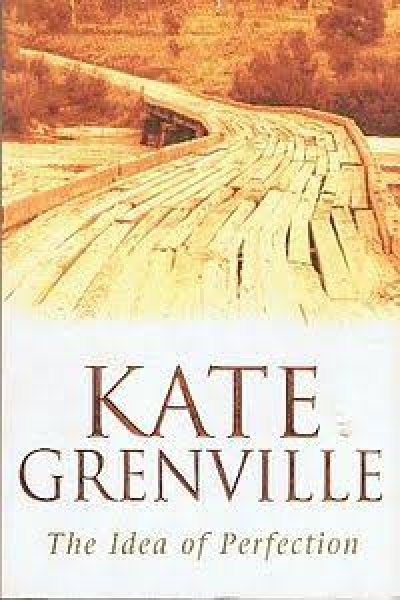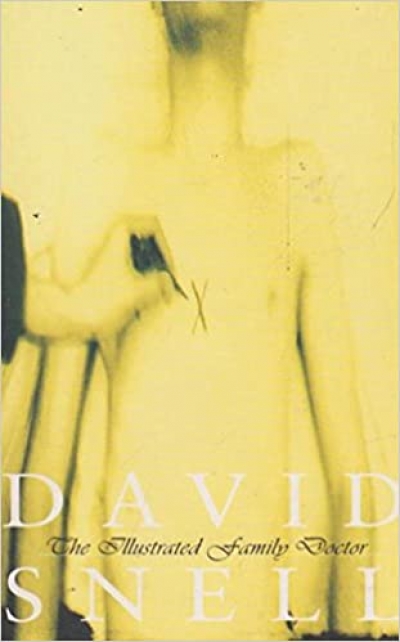These two second novels are rapid follow-ups to acclaimed début novels, Anson Cameron’s Silences Long Gone and Michael Meehan’s The Salt of Broken Tears. Each is, in its own way, resolutely vernacular. Meehan writes about the past and the country; Cameron writes largely about the city, very much today.
In Tin Toys, nevertheless, the characters are very aware of the Australian past. The central dilemmas of Cameron’s novels concern relations between blacks and whites. In Silences Long Gone the narrator’s stubborn old mother refuses to leave her house in a mining town that is being dismantled so that the territory can be returned to its native custodians. In the new novel, the narrator is himself the focus of the dilemma, as the offspring of a white father and black mother (in very peculiar circumstances). He begins life as a black baby, becomes a white boy and ends up a slightly confused young adult. After an opening flashback the narrative is driven by two things that happen to Hunter around the same time. His design for an Australian flag (which he has come up with by complete accident) is selected as a finalist in a national competition and his Japanese girlfriend goes missing in Bougainville.
...
(read more)









